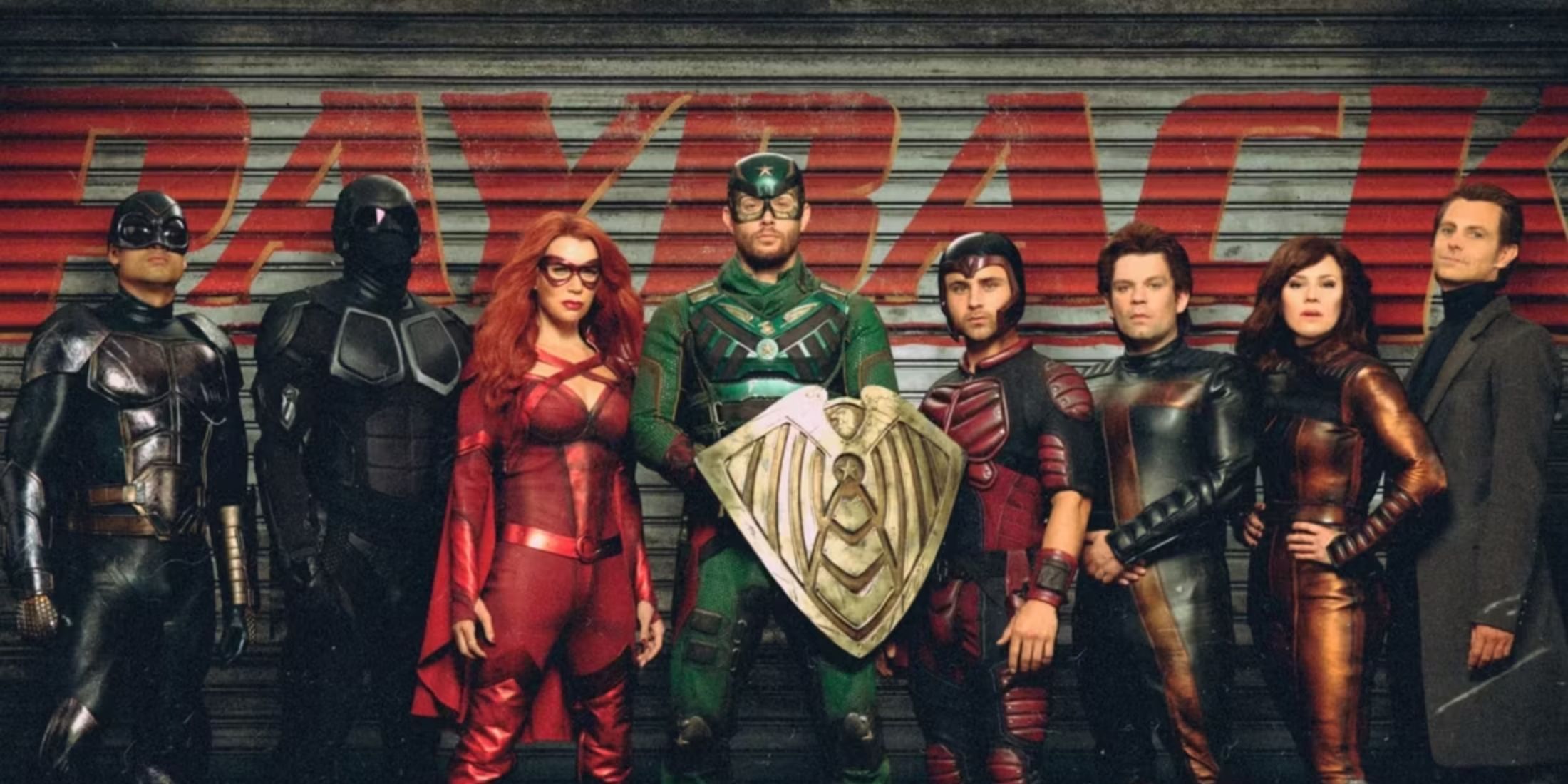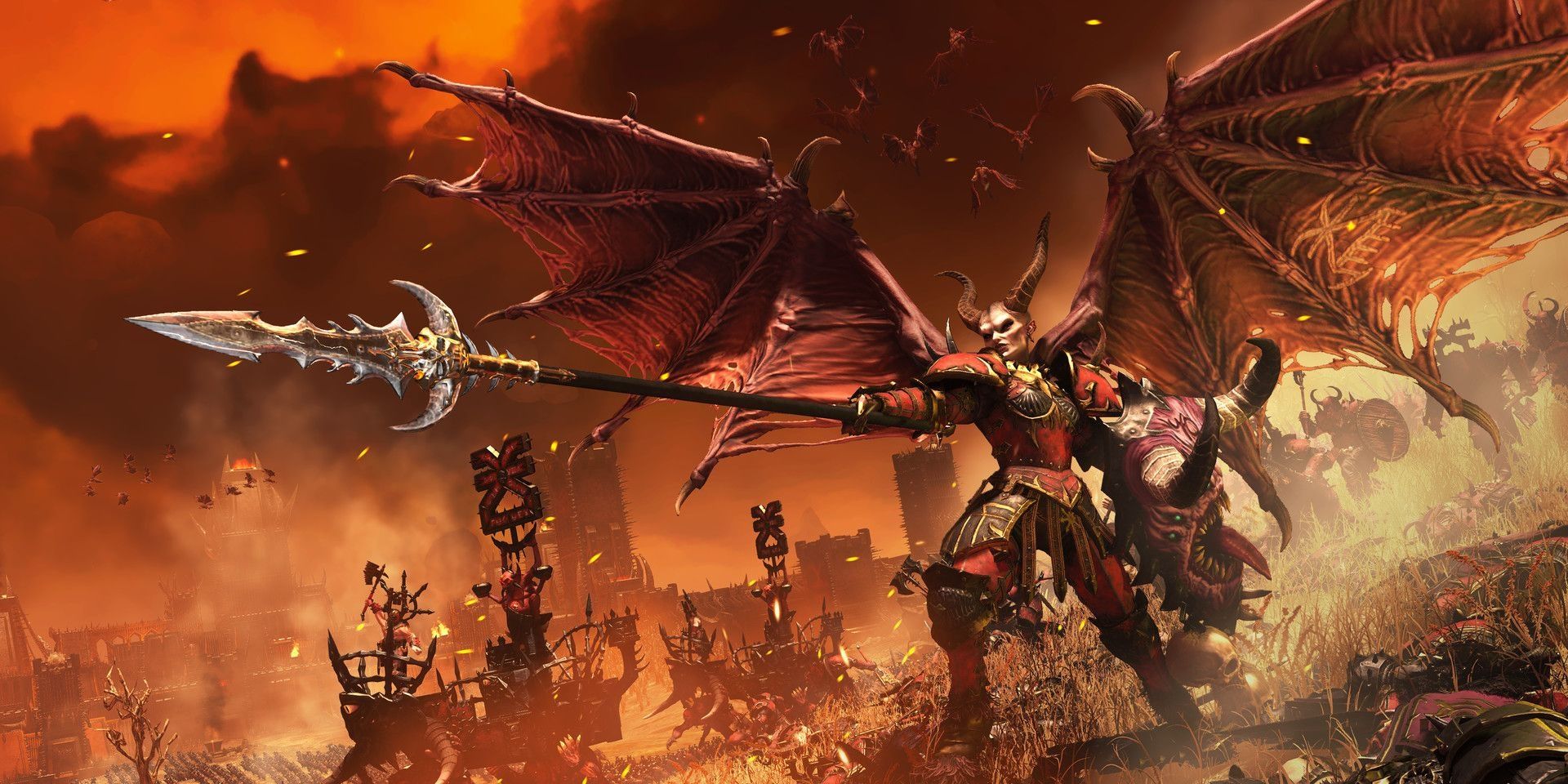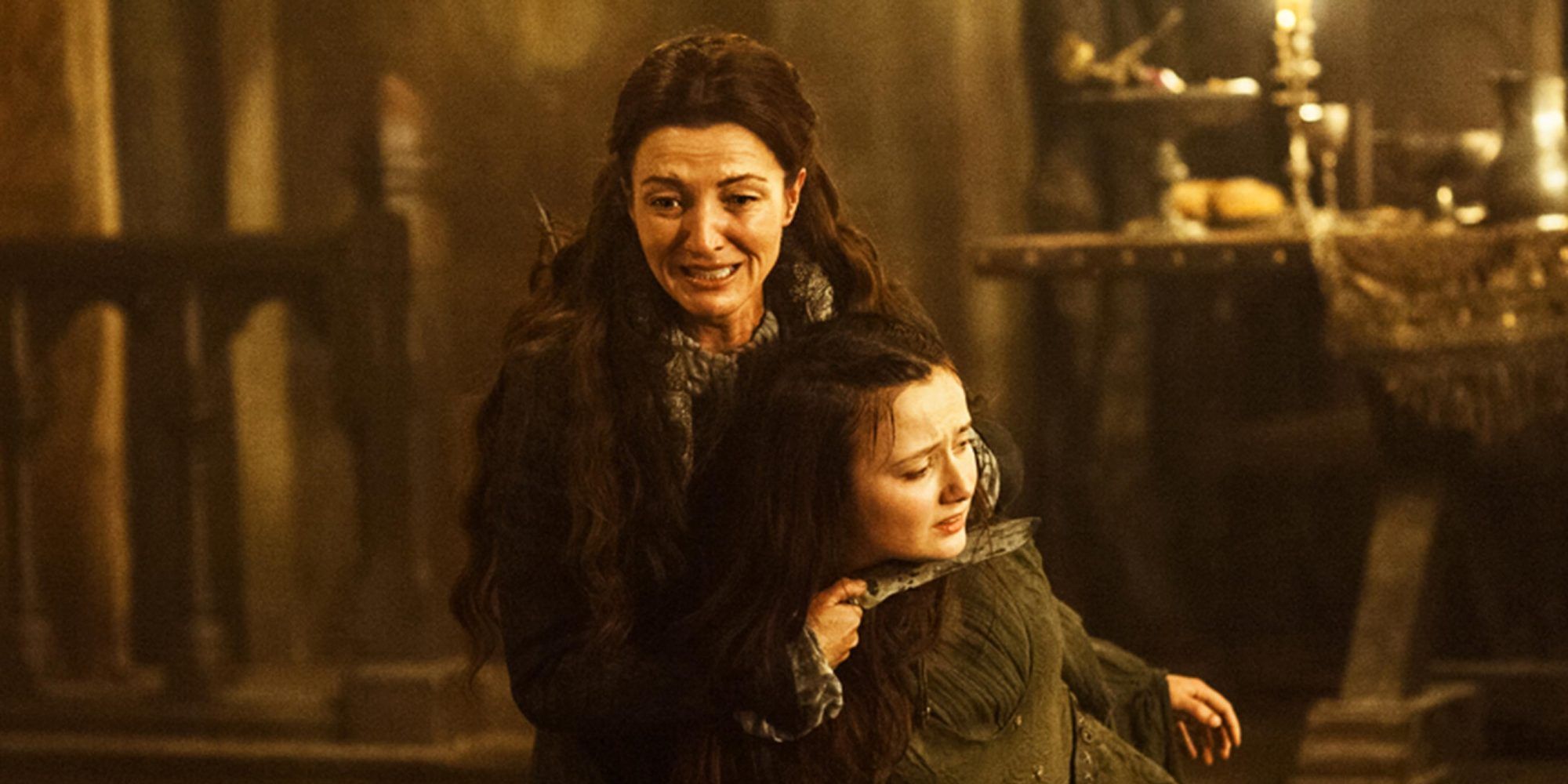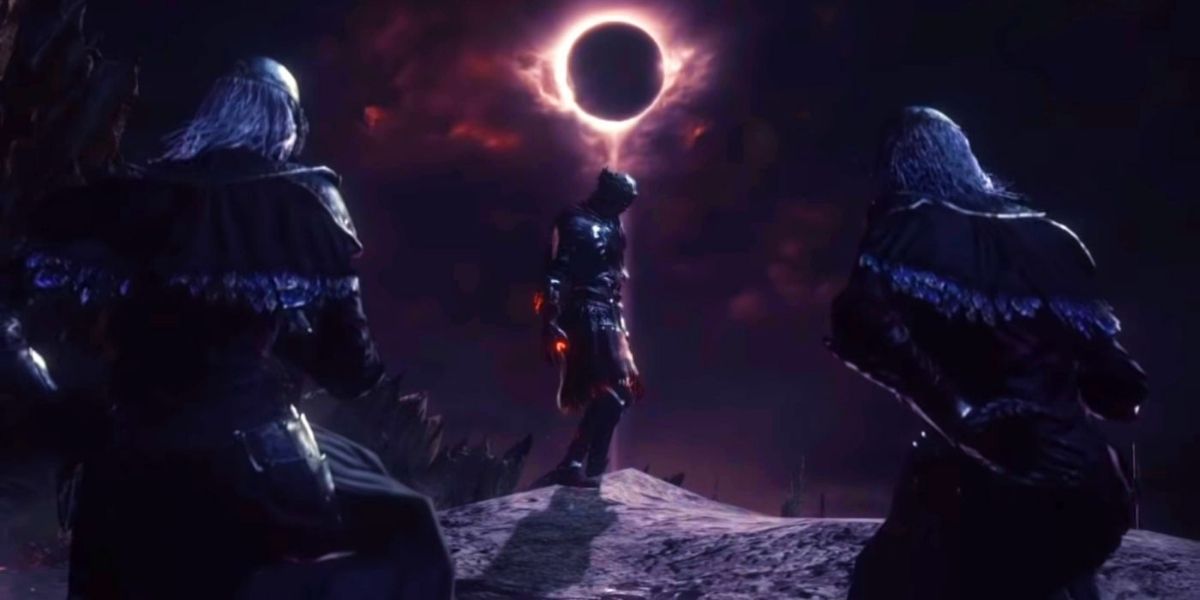There's a slightly insufferable logical fallacy that links the term "realism" as it's applied in fiction with absolute misery. Fantasy, in its traditional form, is all about stalwart heroes vanquishing the forces of evil with the power of friendship, and that simply isn't relatable. In response, authors have gradually dug a deep dark hole away from the peaks of fantastical whimsy and landed in an unpleasant morass called Grimdark Fantasy.
Speculative fiction tends to explore big emotions through a fun lens. Everything is cranked to 11, including the sadness. When a fantasy world is enjoying triumph, it's all planet-wide parties, true love's first kiss, and thousands of years of peace. When it's wallowing in misery, they manage to find the same level of emotional power in the opposite direction.
The typical go-to measuring stick for what makes fiction a work of fantasy is its setting. Does the story take place in a reality other than this one? If so, it's almost certainly a fantasy. Everyone can picture the default version of that magical alternate plane. It's Middle-Earth, with all the beautiful pastoral villages, coastal empires, and elegant medieval castles it entails. However, not every fantasy realm is going to be as lovely as Tolkien's. Some writers imagine fantasy worlds that are even worse than the real world, escaping reality with a sort of "could be worse" attitude. Dark fantasy captures this trait, but Grimdark makes it all-consuming. A dystopian hellscape packed to the gills with endless war, death, and suffering awaits anyone who dives into the amoral waters of Grimdark fantasy.
The term "grimdark" has its origin in Warhammer 40,000, which also happens to be one of the best examples of the concept. Games Workshop's beloved tabletop strategy game and its surrounding empire of related media introduce themselves with the immortal tagline "In the grim darkness of the far future there is only war." Warhammer is technically a sci-fi universe, but it's extremely heavy on fantasy elements. There's very little levity in the universe of Warhammer, filled to bursting as it is with miserable people murdering each other. Every notable character is an unforgivable genocidal monster, every notable battle leaves trillions of bloodied bodies, and every notable location doubles as a mass grave. It's often so insufferably miserable that it comes back around to being comical. The type of person who can't help but laugh when they hear about something truly abhorrent will fall deeply in love with its grim darkness.
For a more pure look at Grimdark as it applies to the world of fantasy, the works of George R. R. Martin are a solid crash course. A Song of Ice and Fire is dense, layered, intelligent, and duly beloved, but no one would dare say it isn't overwhelmingly sad. Fans of HBO's Game of Thrones caused genuine worldwide phenomena in reaction to some of the big moments of the series. Character deaths swiftly became the show's hallmark, but it's often crueler than simply slaughtering lovable figures. What makes it notable isn't the fact that it buries a fair amount of its main cast, it's the fact that it's able to evoke genuine fear. Many other dark shows telegraph which of their characters are fodder, making their deaths utterly forgettable. Game of Thrones manages to evade that problem with some solid misdirects and a consistent "nothing is sacred" attitude. The easy way to predict the show's twists and turns would be to assume the worst every time.
One would think that Grimdark Fantasy would be the last imaginable subgenre to invite interactive media, but people just love setting video games in lands scarred with blood and entropy. If Warhammer wasn't enough, the all-consuming Dark Souls franchise provides another great immersive Grimdark experience. Though the story can be a bit obtuse, even a cursory reading of the Age of Fire will reveal its emptiness and hostility. What little life remains is either barely scraping by or singularly devoted to violence. The hero's quest is always a never-ending hardship that's probably ultimately meaningless if it isn't actively making things worse. In that way, the game's legendary difficulty is a thematic mirror. Every encounter demands that the player dive deeper into impossible challenges, only to be rewarded with greater suffering. Luckily, the gameplay is still a lot of fun, so at least there's an upside.
Grimdark invades just about every kind of story. From the ongoing descent of every new Batman film to the worldwide appeal of nihilistic dramas like Breaking Bad, any genre could enter a state of Grimdark misery. Though it's inherently difficult to stomach, people love Grimdark material for a variety of reasons. The darker something is, the stronger catharsis feels. Sometimes the audience has to taste true misery so that their victory will be that much sweeter. But, sometimes people just want a story that will hurt to experience, and that's fine too.






